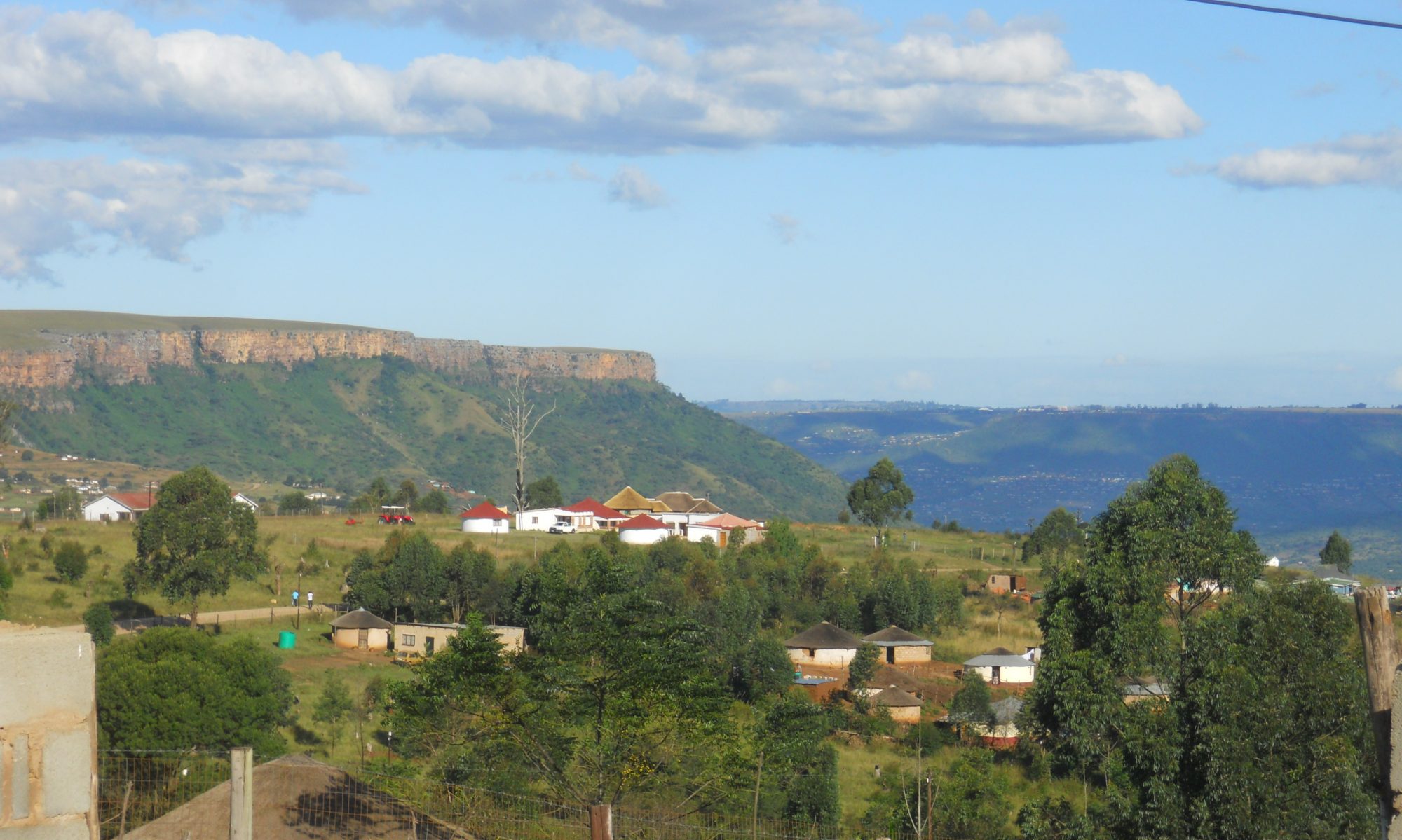Part of the Research Handbooks in Law & Society Series by Edward Elgar Publishing, edited by Austin Sarat and Rosemary Hunter
Editors: Steve Boutcher (UMass Amherst), Corey Shdaimah (U of Maryland), and Michael Yarbrough (CUNY-John Jay)
Confirmed contributors: Lynette Chua, Ching-Fang Hsu, Salman Hussain, Filiz Kahramann, Tshepo Madlingozi, Michael McCann, Sindiso Mnisi Weeks, Anne Revillard, Atef Said, Mihaela Serban, Rachel Seoighe, Danish Sheikh, Farrah Tek, Viviane Weitzner
In these unsettled times, the study of law and social movements provides an ideal lens for rethinking fundamental questions about the relationship between law and power. This Handbook takes up that challenge, using this historical moment as an opportunity to frame a new, more global and dynamic phase of law and social movement studies.
The study of law and social movements has been a part of law and society scholarship from its inception. Classic law and society scholarship typically explored this relationship by researching organized movements and formal legal strategies in North America and Western Europe. It relied on, and reproduced, taken-for-granted assumptions about the organized, institutional character of 20th century modernity in industrialized democracies.
But recent decades have undermined the seeming stabilities of the postwar era. Nearly every domain of life has become more fluid and dynamic. The economy has become more globalized and “flexible.” Institutions have lost trust among those they govern. Identities have become both more salient and more slippery.
These changes raise new questions for law and social movements. How does “the global”—as a structure, a flow, a desire, and a fear—shape different movements? How does law—international, national, local, and non-state—play into this relationship? How have social movements and their use of law responded to—or helped create—shifting boundaries between authoritarianism and democracy? How are movements entangled with new identity formations that shift the relationship between self and group? What kinds of legal claims and strategies are all these dynamics producing? And how are our own responsibilities as advocates and scholars changing in response?
We seek contributions that provide theoretical and empirical perspectives on these questions from scholars around the globe, in any relevant discipline and at any career stage. The Handbook is organized by section, around the following key questions:
- How are relationships between the local and the global changing social movements?
- As the boundaries between authoritarianism and democracy shift, what are the implications for law and social movements?
- How are social movements’ legal tools and strategies changing, and why?
- How is the relationship between identities and movements changing?
- What are our responsibilities as researchers, lawyers, and activists?
Contributions should be no more than 8000 words.
Authors’ Instructions
Interested colleagues are requested to submit extended abstracts of 400-500 words by January 15, 2020 at bit.ly/lawandmovements. The submission form will ask you to indicate which of the sections above you see as the best fit for your contribution. Please direct all questions to lawandmovements@gmail.com.
***We can also accept abstracts and contributions written in Spanish and translate them into English for publication, if the author can communicate well enough in English to participate in online conversations (email and video chat) with editors and other contributors. / También podemos aceptar resúmenes y contribuciones escritos en español y traducirlos al inglés para su publicación, si el autor puede comunicarse lo suficientemente bien en inglés para participar en conversaciones en línea (correo electrónico y video chat) con los editores y otros colaboradores.
Decisions regarding abstracts will communicated by mid to late February, 2020.
Timeline for completion of papers:
First draft of papers due by June 15, 2020
Final revised pieces received and edited late 2020
Plan to submit final manuscript in spring 2021

